2019 was a productive year for our School Orchard Program with the development of new curriculum materials, cross-organizational partnerships, and the building of frameworks for engaging local university students in research, curriculum writing, and supporting of local K-12 schools. In total this year, POP offered 31 lessons (up 17% from 2018’s 26) to 9 of our partnered 13 schools, created 11 downloadable lessons for teachers to use in their own classrooms (up 46% from 2018’s 6) and made 413 student impressions (-7% from 2018’s 440) and 71 educator impressions through staff visits and lesson plan delivery. We published and have begun to distribute our bilingual Rainbow Nutrition cards on common, and native & unusual fruits, and collected 2nd year pre- and post-school year surveys to collect orchard metrics that have value for structuring our programming.
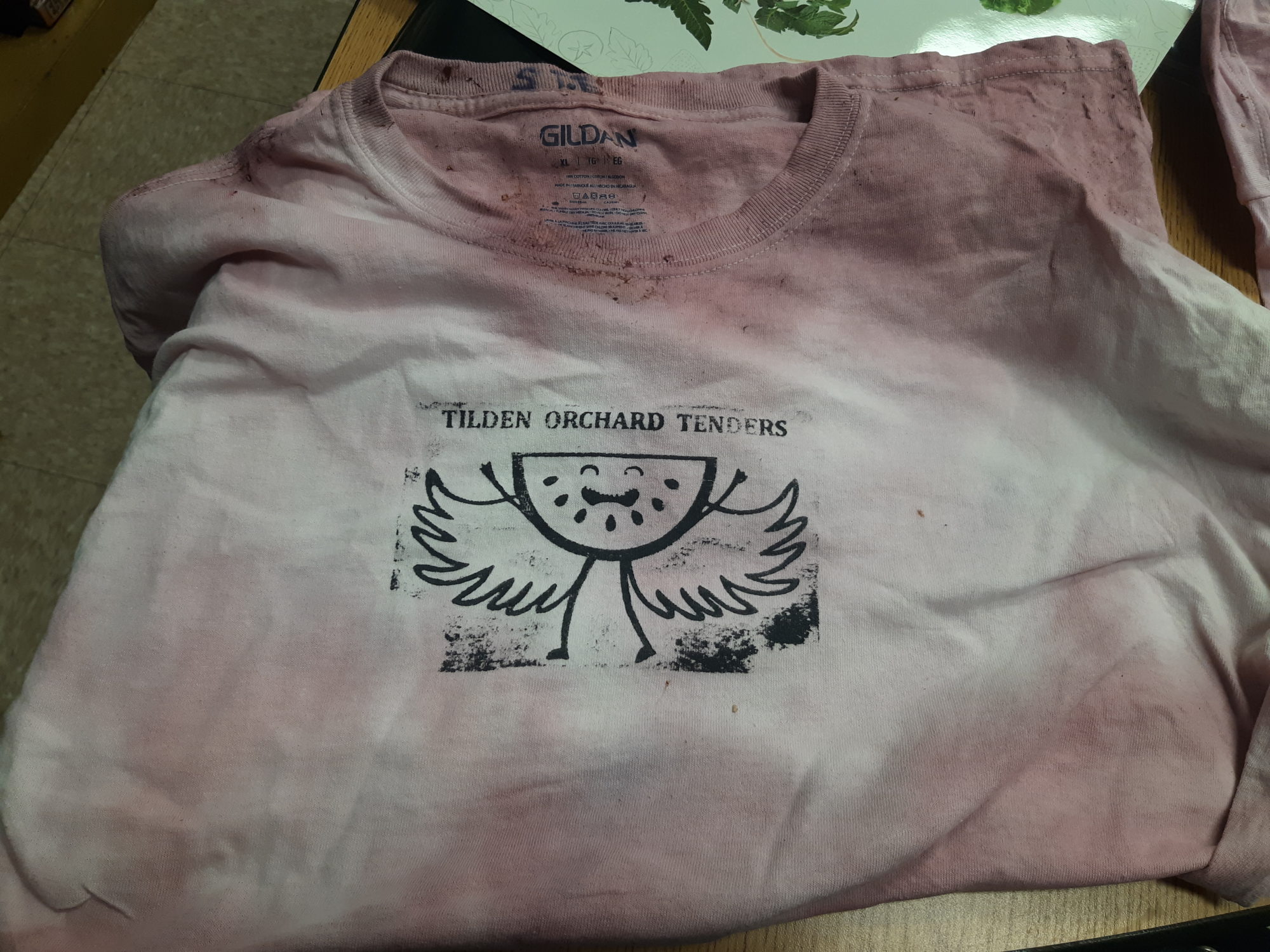
All of our delivered state-standard based programming is centered around our school partners’ learning objectives for their students and communities. Among other topics, some of last year’s lessons included: simple machines of the orchards, African American agricultural ingenuity (Lea Elementary School), blackberry pruning & oxymel making (Sayre HS, Richard Allen Preparatory Charter School), natural dyeing, chapstick making with orchard herbs (Sayre HS, Tilden MS), oyster mushroom inoculation & growing (Sayre HS), fig propagation (Richard Allen), compost tea brewing (Penn Alexander), and more. In 2020, we plan to publish a standards-based lesson activity book for teachers that compiles 12 of our POP plant info sheet and DIY recipe sheets into quick activities teachers can use with students to demonstrate multicultural and seasonal food preservation methods with ideas for curriculum extension with added math, geography, food science, and ecological focus.
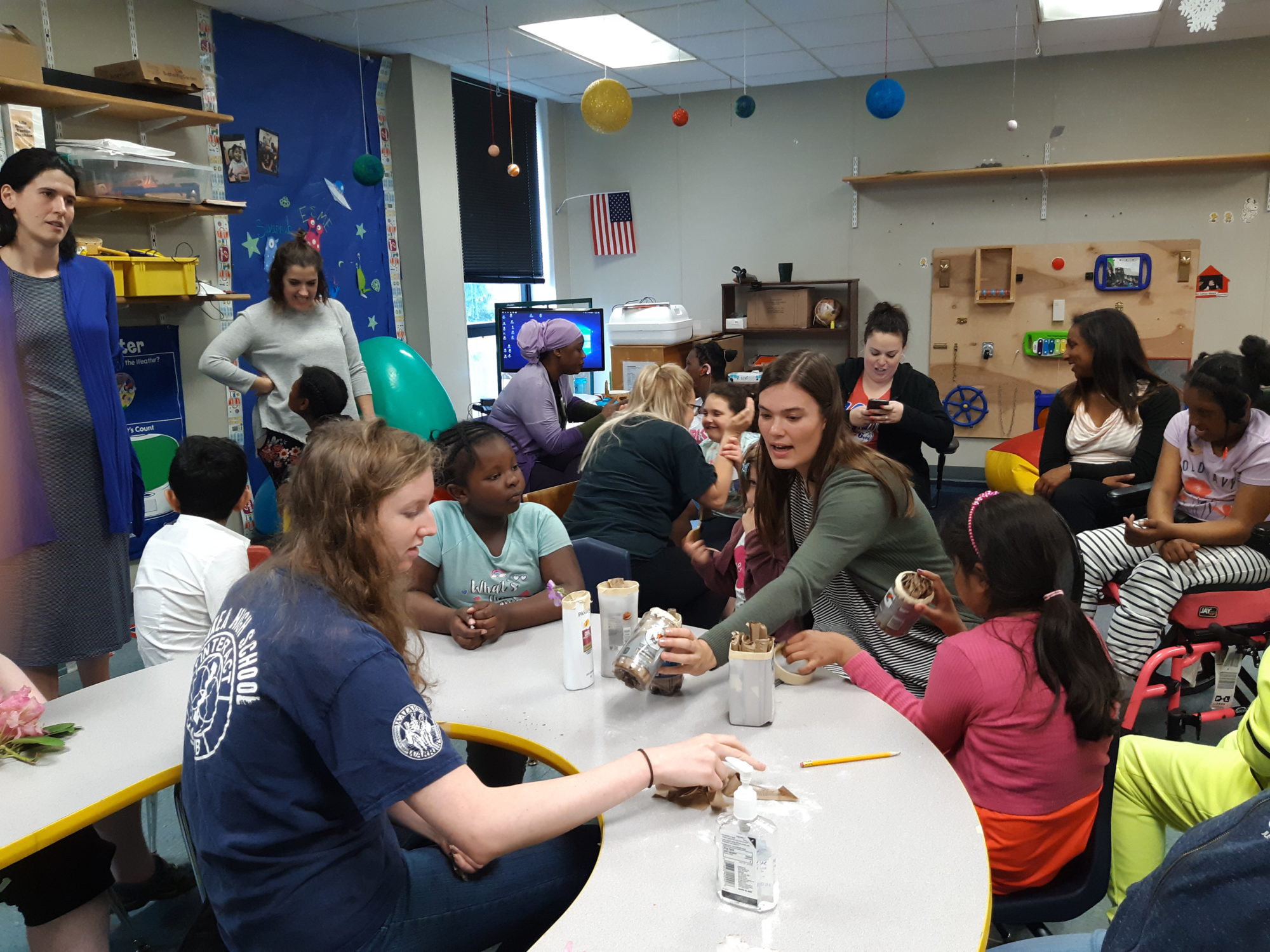
Last winter/spring, we hosted 4 undergraduate environmental studies students from Swarthmore College for 10 weeks: Bethany Bronkema (who continued on as a POP intern), Aaron Urdiquez, Momi Jenschke, and Cecilia Dougherty, who worked with us on researching the crisis of pollinator population decline and ways of interception through growing useful host plants, distributing seed balls, advocating for policy change, getting involved in local pollinator-protection efforts, and engaging students in the observation of pollinators to create connections to the natural world that inspires drive for its protection.
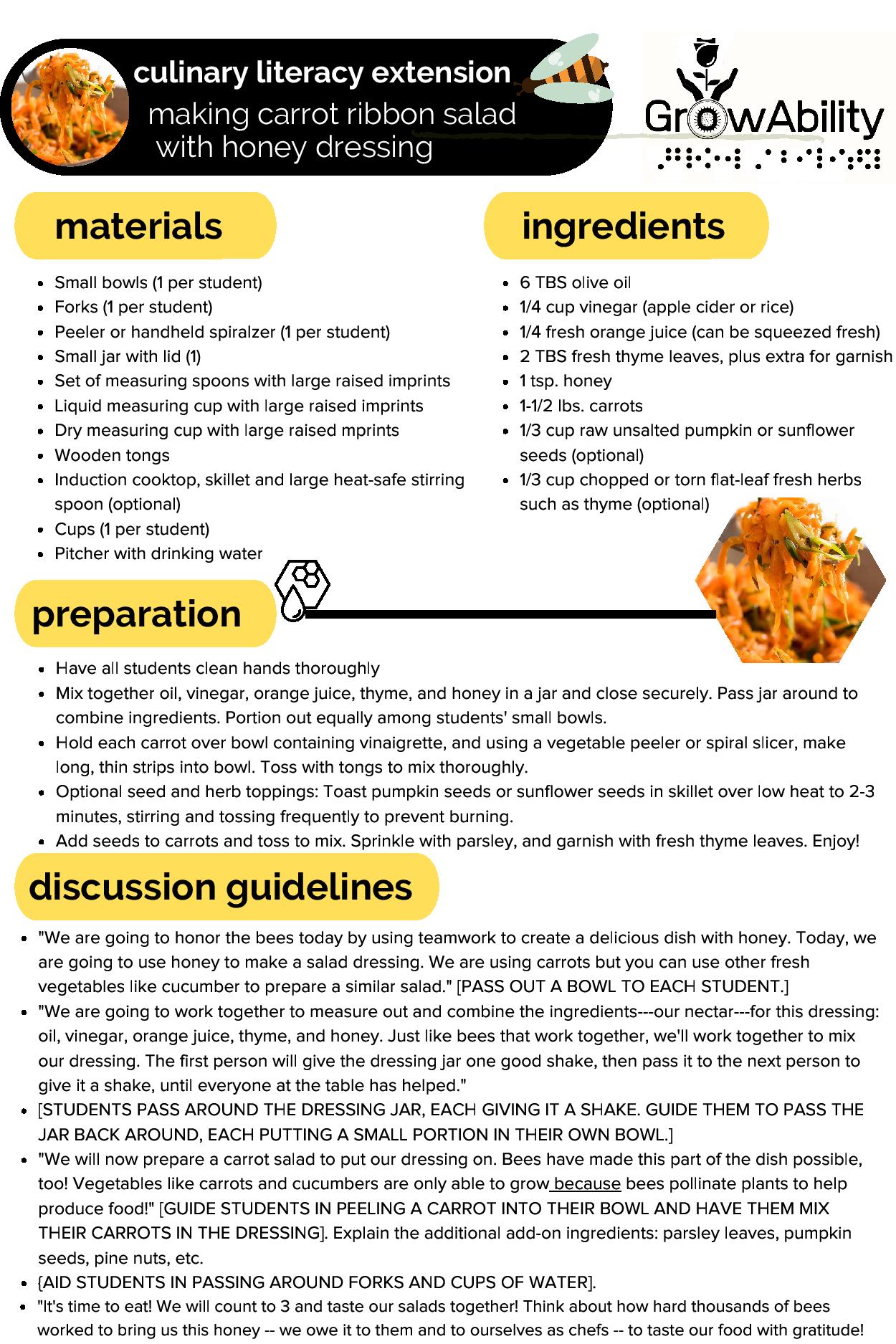
As a continuation and outgrowth of our work with Overbrook School for the Blind through our GrowAbility Collective, the consortium of 10 organizational partners working to adapt orchard and agricultural curriculum for special needs students, we are moving closer to recruiting 10 teachers to pilot our first sensory lesson on honeybees with their classrooms, providing qualitative and quantitative data on its reception with students. A train-the-teachers training is slated for early May — stay tuned if you’re interested in getting involved or demoing this lesson with your students!
This spring 2020, we’re thankful to welcome our second group of university students, this time from professor Josh Moses environmental studies independent study class at Haverford College; students will be helping to broaden our GrowAbility sensory lesson curriculum additions on the waste stream, greenhouses, and on water issues with a frame of lessons and research related to adapting agricultural curriculum through a special-needs and therapeutic-informed lens with visits to teacher Lee Stough and horticultural therapist Rich Matteo’s classrooms. Their contributions will be highlighted on our POP blog!
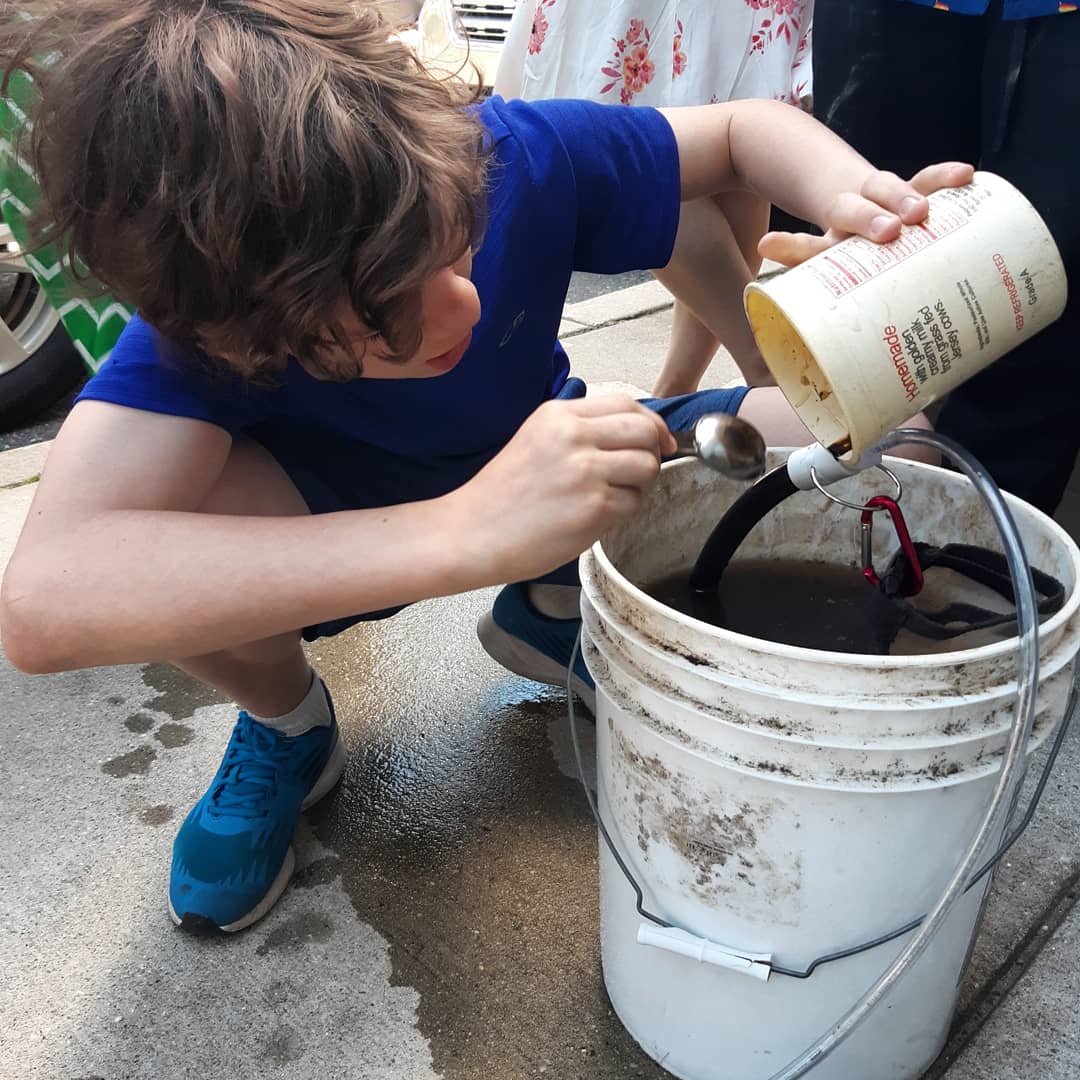
In 2020, POP’s School Orchard Program will be focused on the two aims of research around educational accessibility and special-needs adaptations in our spaces through affiliation with Haverford College, and will begin to pilot some lessons from the Climate Heroes curriculum written and produced by educator Anna Herman, Ilana Grubin, and Parks & Recreation with many tie-ins for our school partner sites around improving stormwater drainage, waste reduction initiatives, civic engagement, and improving the heat island effect.
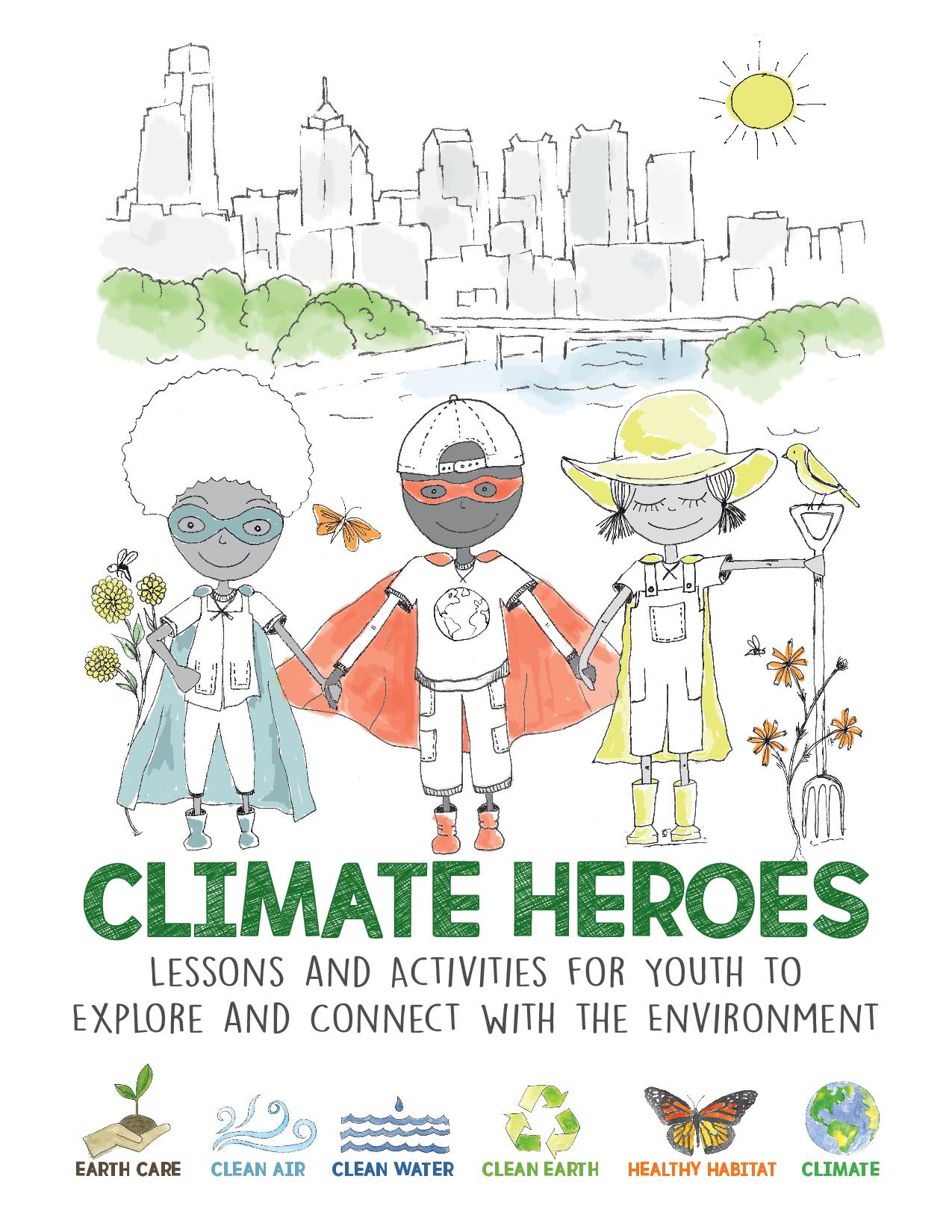
This POP School Orchard Program update was written by Education Director Alyssa Schimmel.
SUPPORT US! If you found this entry useful, informative, or inspiring, please consider a donation of any size to help POP in planting and supporting community orchards in Philadelphia: phillyorchards.org/donate. POP’s School Orchard Program is funded in part by the Rosenlund Family Foundation, the Dolfinger-McMahon Foundation, and the Isenberg Family Fund.